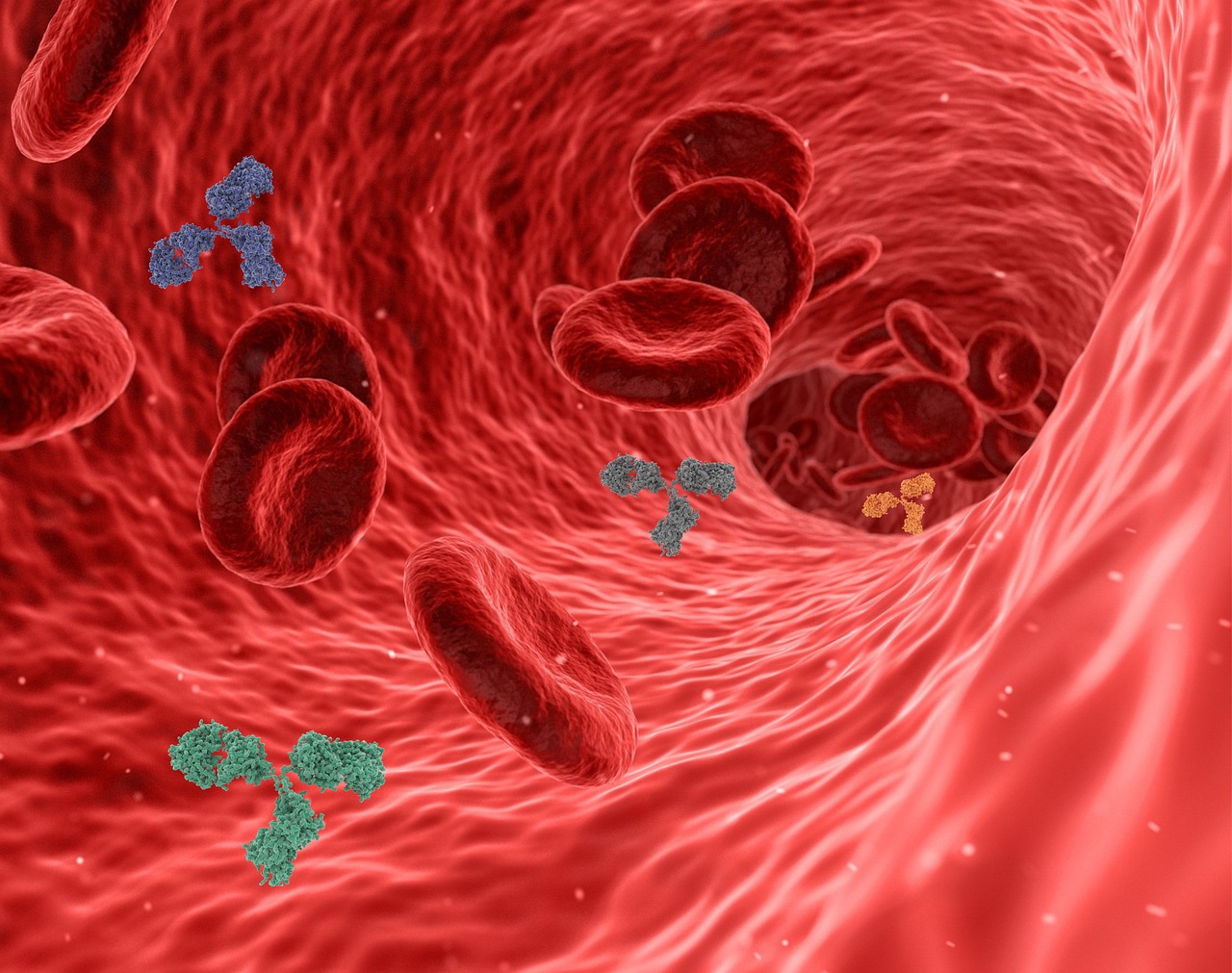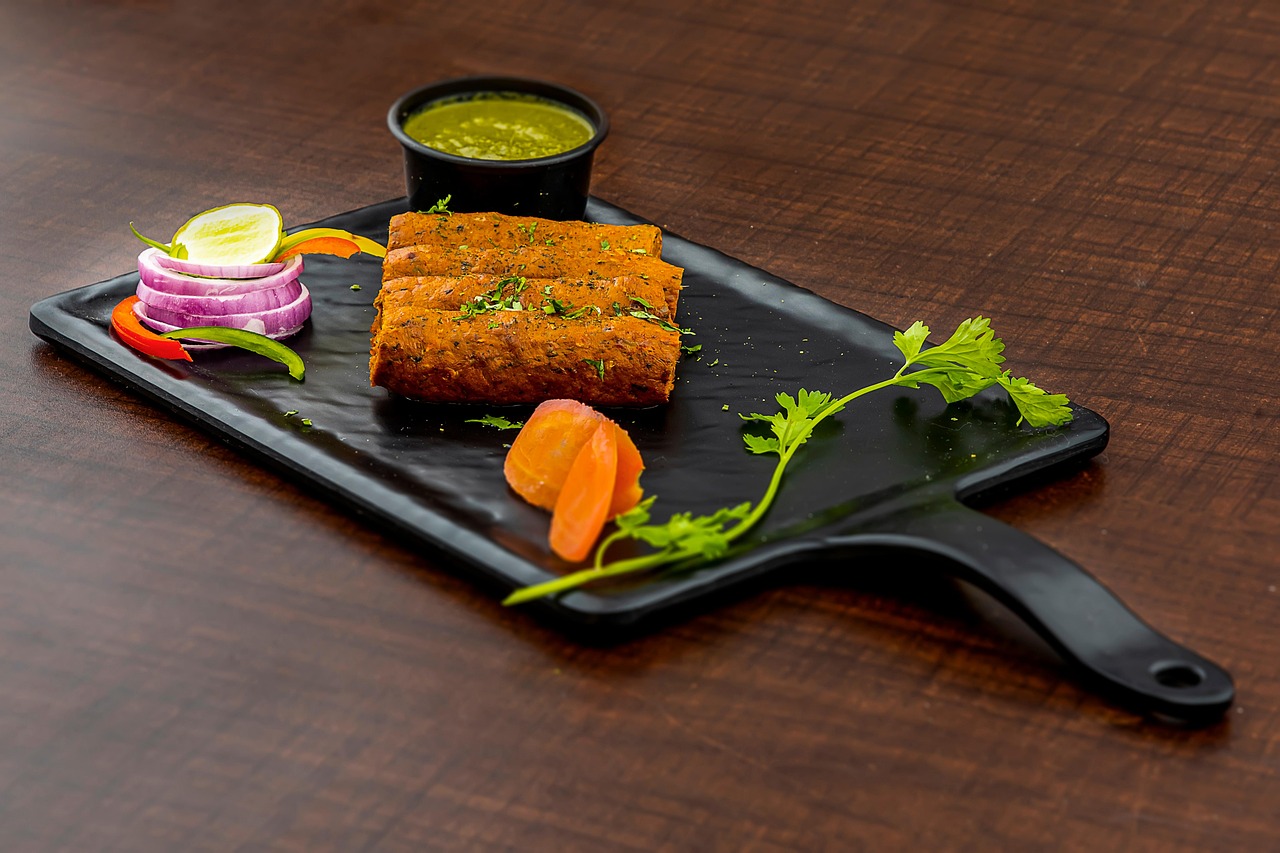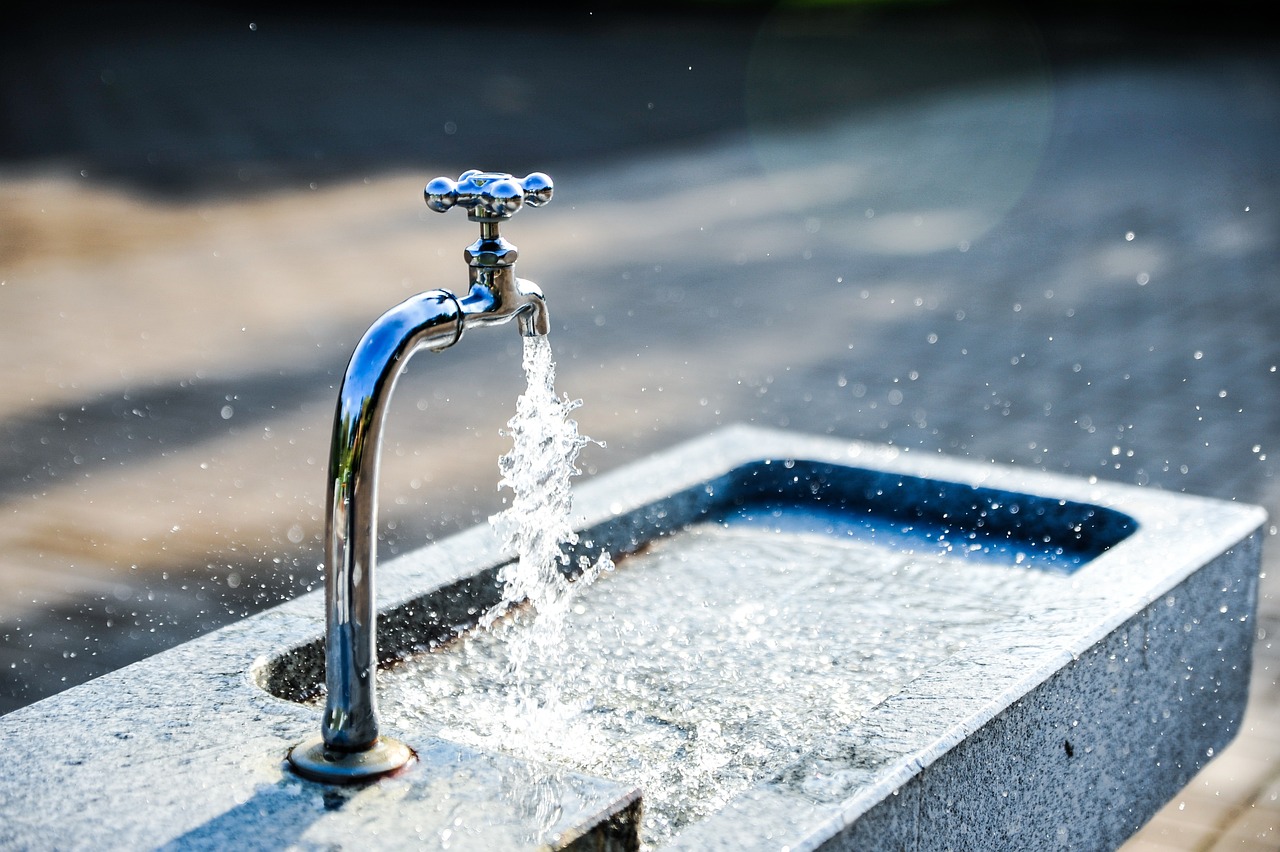This article delves into the essential guidelines surrounding fasting for blood tests, particularly focusing on the frequently asked question: Can I drink water before my blood test? Understanding the nuances of fasting and hydration can significantly impact the accuracy of test results.
Understanding Blood Work Fasting
Fasting before blood tests is a common requirement aimed at ensuring precise and reliable results. Fasting generally means abstaining from all food and drink, except for water, for a specific period before the test. This practice is crucial as it helps eliminate variables that could potentially skew the results of various tests.
Why is Fasting Important for Blood Tests?
Fasting is vital for certain blood tests because it provides a clear baseline for measuring various substances in the blood. For instance, tests like glucose and lipid panels require fasting to accurately assess levels without interference from recent food intake.
- Common Tests Requiring Fasting: Not all blood tests necessitate fasting. Below are some common tests that do:
- Glucose Testing: Fasting is critical for accurate glucose readings, as it allows for a true measure of blood sugar levels.
- Lipid Profile: This test, which measures cholesterol levels, also requires fasting to ensure food does not affect the results.
Can I Drink Water While Fasting for Blood Work?
Generally, drinking water is permitted during fasting for blood tests. Staying hydrated can facilitate the blood draw process and help improve overall comfort. However, it is essential to follow specific guidelines provided by your healthcare provider.
The Benefits of Staying Hydrated
Hydration is beneficial before a blood test for several reasons:
- It can make veins more prominent, making blood draws easier.
- It helps prevent dehydration, which can lead to discomfort during the procedure.
When to Avoid Water Intake
While water is typically allowed, there are exceptions. In some cases, such as specific tests or medical conditions, your doctor may advise against consuming any liquids. Always confirm with your healthcare provider to ensure compliance with test requirements.
Tips for Preparing for Blood Work
Proper preparation can enhance your blood testing experience. Here are some practical tips:
- Timing Your Fasting: Understand how long you need to fast before your test. Typically, fasting lasts between 8 to 12 hours.
- Communicating with Your Healthcare Provider: Always consult your healthcare provider regarding fasting instructions. Clear communication ensures you understand the specific requirements for your tests.
In conclusion, understanding the guidelines surrounding fasting and hydration before blood tests is crucial for obtaining accurate results. Always prioritize communication with your healthcare provider to ensure you follow the correct protocols for your specific tests.
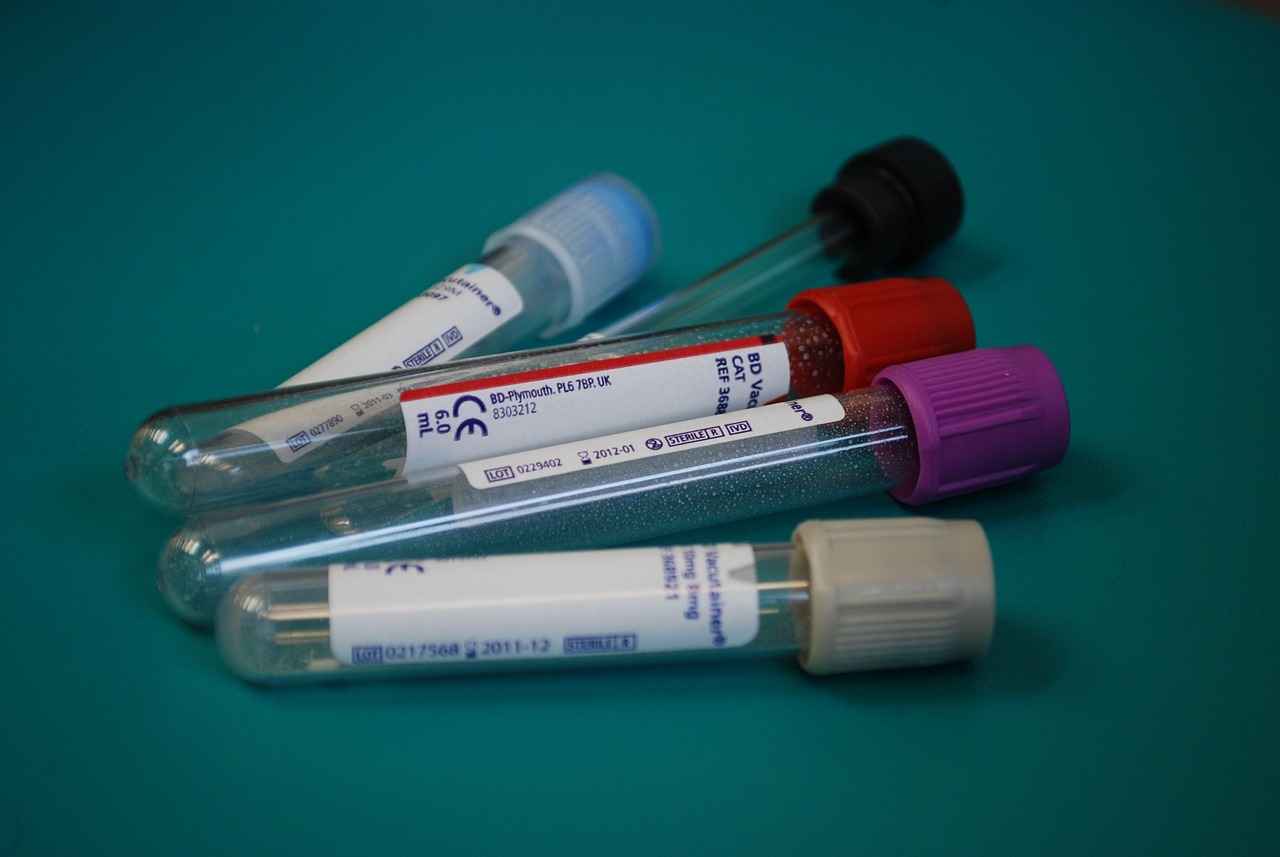
Understanding Blood Work Fasting
Fasting before blood tests is a common requirement that plays a crucial role in obtaining accurate results. In the realm of medical diagnostics, fasting refers to the practice of abstaining from all food and drink, except for water, for a specified period before undergoing blood work. This section will delve into the nuances of fasting in the context of blood tests and elucidate its significance.
When healthcare providers request fasting prior to blood tests, they aim to minimize any external factors that could interfere with the test outcomes. Food and beverages can introduce various substances into the bloodstream, potentially skewing results. For instance, the consumption of food can elevate glucose levels, which may lead to a misdiagnosis of diabetes or other metabolic disorders. Similarly, eating before a lipid panel can artificially inflate cholesterol levels, leading to inappropriate treatment decisions.
Fasting is typically defined as a period of abstaining from all caloric intake for a minimum of 8 to 12 hours. During this time, the body utilizes stored energy reserves, providing a clearer picture of baseline metabolic functions. This is particularly important for tests that measure levels of glucose, lipids, and other critical biomarkers. The need for fasting varies depending on the specific test being conducted, and understanding these requirements is essential for patients.
- Glucose Testing: Fasting is vital for accurate glucose testing, as it allows healthcare providers to assess how the body manages sugar levels without the influence of recent food intake.
- Lipid Profile: A lipid profile assesses cholesterol and triglyceride levels. Fasting helps to ensure that food does not artificially elevate these values, leading to better management of cardiovascular health.
- Other Tests: Certain hormone tests may also require fasting to avoid fluctuations caused by recent meals.
It is important to note that not all blood tests necessitate fasting. For example, complete blood counts (CBC) and certain thyroid tests can be performed without requiring patients to fast. This distinction is crucial, as it allows for more flexibility in scheduling and can alleviate the stress associated with fasting.
In summary, fasting before blood tests is a critical practice that helps ensure the accuracy of test results. By understanding the implications of fasting and adhering to the guidelines provided by healthcare professionals, patients can contribute to more reliable diagnostic outcomes. Always consult with your healthcare provider to clarify any fasting requirements specific to your tests, as this will help in achieving optimal results.
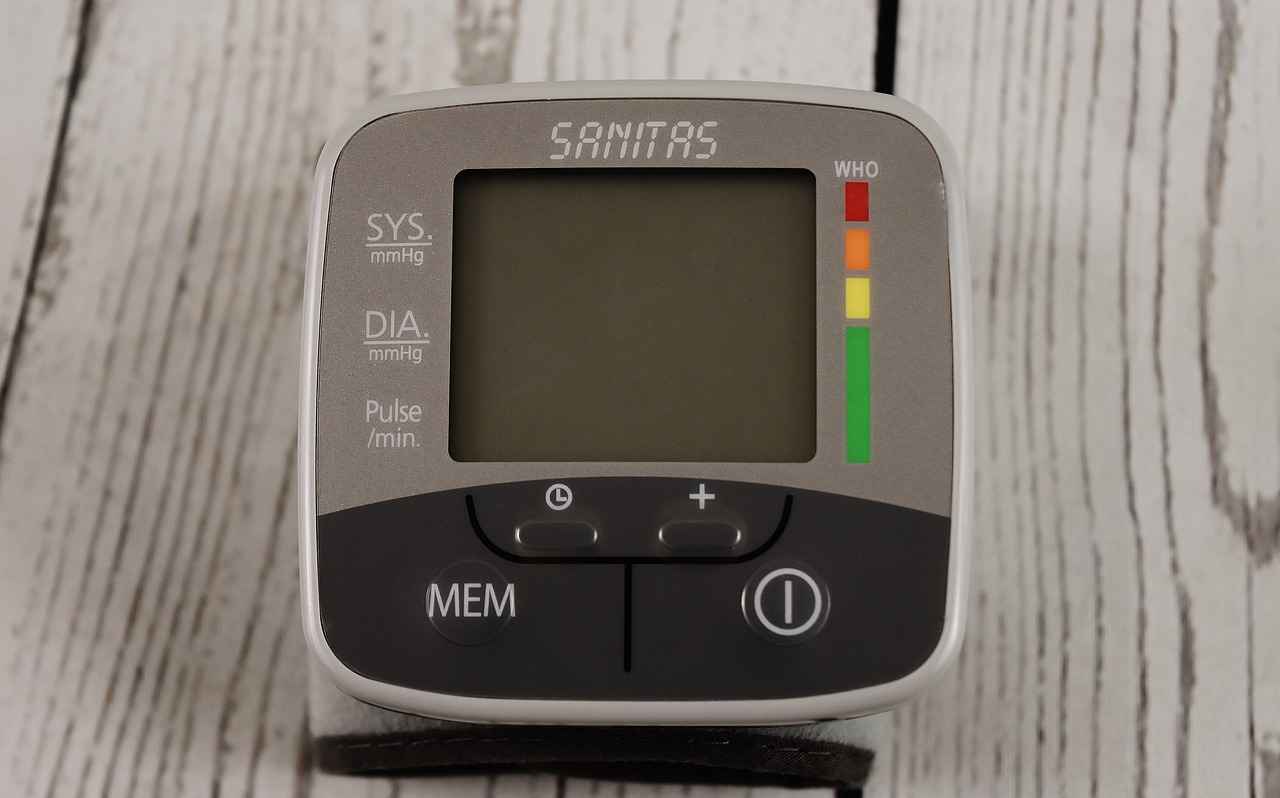
Why is Fasting Important for Blood Tests?
Fasting plays a critical role in obtaining accurate blood test results. By abstaining from food and certain beverages, patients can help ensure that the variables affecting test outcomes are minimized. This is particularly important for tests that measure substances in the blood, such as glucose and lipid levels, where food intake can significantly alter results.
When a patient fasts, it allows healthcare professionals to establish a clear baseline of the body’s chemical composition. This baseline is essential for diagnosing conditions like diabetes, hyperlipidemia, and other metabolic disorders. Without fasting, the body may exhibit elevated or fluctuating levels of glucose and lipids, leading to potential misdiagnosis or inappropriate treatment plans.
For instance, in glucose testing, the body processes carbohydrates from food, which can temporarily spike blood sugar levels. A fasting glucose test measures the concentration of glucose in the blood after a period of fasting, typically 8-12 hours. This provides a more accurate reflection of how the body regulates blood sugar levels without the influence of recent food intake.
Similarly, a lipid panel assesses cholesterol and triglyceride levels. Food consumption can elevate triglycerides, skewing the results. Fasting for 9-12 hours prior to this test allows for a more precise measurement of lipid levels, which is crucial for evaluating cardiovascular health.
It’s important to note that not all blood tests require fasting. For example, tests like complete blood counts (CBC) or thyroid function tests can be conducted without fasting, as they are not significantly affected by food intake. However, understanding which tests require fasting is vital for patients to achieve accurate results.
In summary, fasting is essential for certain blood tests as it helps eliminate variables that can distort results. By adhering to fasting guidelines, patients contribute to the accuracy of their diagnostic tests, leading to better healthcare outcomes. Always consult your healthcare provider for specific fasting instructions tailored to your tests.
Common Tests Requiring Fasting
When it comes to blood tests, understanding the requirements for fasting can be crucial for obtaining accurate results. While not all blood tests necessitate fasting, certain tests are significantly impacted by recent food intake. This section outlines common tests that require fasting, along with the specific reasons behind these requirements.
- Glucose Testing: Fasting is vital for glucose testing, particularly for diagnosing diabetes. When you eat, your blood sugar levels rise, and fasting ensures that the test reflects your baseline glucose level. Typically, a fasting period of 8 to 12 hours is recommended to avoid any spikes that food consumption might cause.
- Lipid Profile: A lipid profile, which measures cholesterol and triglyceride levels, also requires fasting. Food intake can elevate triglyceride levels, leading to potentially misleading results. To ensure accuracy, patients are usually advised to fast for 9 to 12 hours before the test.
- Liver Function Tests: Certain liver function tests may also require fasting. Consuming food can alter enzyme levels, which can misrepresent liver health. Fasting helps provide a clearer picture of liver function by eliminating the variables introduced by recent meals.
- Iron Tests: Tests measuring iron levels in the blood often require fasting. Since dietary iron can influence test results, fasting ensures that the levels measured reflect the body’s iron stores rather than recent food intake.
- Vitamin B12 and Folate Tests: These vitamin tests may require fasting as well. Food can affect the absorption of these vitamins, leading to inaccurate assessments of their levels in the body. A fasting period of at least 6 hours is typically recommended.
It is important to note that while fasting is essential for these tests, the specific duration and requirements can vary based on individual health conditions and the healthcare provider’s instructions. Always consult with your healthcare provider for tailored advice regarding fasting before blood tests.
In summary, fasting plays a critical role in ensuring the accuracy of various blood tests. By adhering to fasting guidelines, patients can help healthcare professionals obtain reliable data that is essential for diagnosing and monitoring health conditions. Understanding which tests require fasting and the reasons behind these requirements can empower individuals to take an active role in their healthcare.
Glucose Testing
is a critical component in diagnosing and managing diabetes and other metabolic disorders. When it comes to accurate glucose testing, fasting plays a pivotal role. This section will delve into how fasting influences blood sugar levels and why establishing a baseline reading is essential for reliable test results.
Fasting, in the context of glucose testing, typically means abstaining from all food and beverages, except for water, for a specified period, usually 8 to 12 hours prior to the test. This period allows your body to reach a state where its blood sugar levels can be measured without the interference of recent food intake. When food is consumed, glucose from the digestive process enters the bloodstream, leading to fluctuations in blood sugar levels that can obscure the true baseline reading.
The importance of fasting for glucose testing cannot be overstated. Baseline readings provide a clear picture of how your body manages glucose without the influence of recent meals. This is crucial for healthcare providers to accurately assess insulin sensitivity, diagnose conditions such as prediabetes or diabetes, and tailor treatment plans accordingly. Without fasting, the test results may indicate a false sense of normalcy or severity, leading to misdiagnosis or inappropriate management strategies.
Moreover, fasting helps eliminate other variables that could skew results. For instance, stress, illness, and physical activity can all affect blood sugar levels. By ensuring that patients fast before testing, healthcare professionals can obtain more consistent and reliable data, allowing for better-informed decisions regarding treatment and lifestyle changes.
In addition to its role in diagnosing diabetes, fasting is also essential for monitoring patients already diagnosed with the condition. Regular fasting glucose tests can help track how well a patient is managing their blood sugar levels over time, providing valuable insights into the effectiveness of their treatment regimen.
It’s important to note that while fasting is generally required for glucose testing, there are specific exceptions and variations in guidelines based on individual health circumstances. Therefore, it is crucial for patients to consult with their healthcare providers for personalized fasting instructions before undergoing testing.
In summary, fasting is a fundamental aspect of glucose testing that allows for accurate baseline readings. By understanding the importance of fasting and its effects on blood sugar levels, patients can better prepare for their tests, ultimately leading to improved health outcomes.
Lipid Profile
A is a crucial blood test that measures the levels of various types of cholesterol and triglycerides in the bloodstream. This test is essential for assessing an individual’s risk of heart disease and other cardiovascular conditions. To ensure the accuracy of the lipid profile results, fasting is typically required prior to the test.
Fasting means abstaining from all food and drink, except for water, for a specified period—usually 9 to 12 hours before the test. This requirement is in place because the food we consume can significantly influence lipid levels. For instance, meals high in fats can temporarily elevate triglyceride levels, leading to misleading results. Therefore, adhering to fasting guidelines is vital for obtaining a clear picture of your lipid health.
How Food Intake Influences Lipid Levels
The consumption of food, particularly those high in saturated fats and sugars, can cause fluctuations in cholesterol and triglyceride levels. When you eat, your body processes these nutrients, which can alter the lipid levels in your blood. For example, a diet rich in trans fats may raise low-density lipoprotein (LDL) cholesterol, often referred to as “bad” cholesterol, while a diet high in omega-3 fatty acids can boost high-density lipoprotein (HDL) cholesterol, known as “good” cholesterol.
Moreover, not only does the type of food matter, but the timing of consumption also plays a critical role. Eating right before a lipid test can lead to inaccurate readings, which may result in unnecessary concerns or misdiagnoses. Therefore, following fasting instructions is essential for obtaining reliable lipid profile results.
Impact on Test Accuracy
Fasting before a lipid profile test enhances the accuracy of the results by providing a baseline measurement of your lipid levels without the interference of recent dietary intake. This is particularly important for healthcare providers to make informed decisions regarding treatment and lifestyle recommendations. If lipid levels are found to be abnormal, a healthcare provider may suggest lifestyle changes or medications to help manage those levels effectively.
In summary, the lipid profile is a vital tool in assessing cardiovascular health, and fasting prior to the test is crucial for ensuring accurate results. By understanding how food intake influences lipid levels and the importance of fasting, patients can better prepare for their tests and contribute to their overall health management.
Tests That Don’t Require Fasting
When it comes to blood testing, many individuals are often concerned about the need to fast beforehand. While fasting is essential for certain tests, there are several blood tests that can be conducted without fasting. Understanding which tests fall into this category is crucial for patients who want to ensure accurate results without unnecessary inconvenience.
Many routine blood tests do not require fasting, allowing patients to undergo testing without altering their normal eating habits. Here is a list of common tests that typically do not necessitate fasting:
- Complete Blood Count (CBC): This test evaluates overall health and detects a variety of disorders, such as anemia and infection. Food intake does not significantly affect its results.
- Thyroid Function Tests: These tests measure levels of thyroid hormones. Eating prior to testing does not impact the accuracy of the results.
- Basic Metabolic Panel (BMP): While some components of the BMP can be affected by food intake, the overall test can be performed without fasting, particularly for assessing kidney function and electrolyte levels.
- Vitamin B12 and Folate Levels: These vitamin levels are not significantly influenced by recent food intake, making fasting unnecessary.
- Prostate-Specific Antigen (PSA): This test screens for prostate cancer and does not require fasting, although some healthcare providers may recommend it for consistency.
Why Fasting is Not Necessary for These Tests
The primary reason fasting is not required for these tests is that the substances being measured are not significantly affected by recent food consumption. For instance, a Complete Blood Count assesses cellular components in the blood, which remain stable regardless of dietary intake.
Moreover, tests like the Thyroid Function Tests measure hormone levels that are not influenced by the food consumed. This characteristic allows patients to maintain their regular eating schedule without compromising the accuracy of their results.
On the other hand, tests that do require fasting, such as glucose and lipid panels, are sensitive to changes in blood composition that occur after eating. Therefore, it’s essential to distinguish between tests that necessitate fasting and those that do not.
Practical Implications for Patients
Understanding which tests do not require fasting can significantly reduce anxiety and inconvenience for patients. For individuals with busy schedules, being able to eat normally before a test can make the process more manageable. Additionally, it encourages more people to seek necessary medical evaluations without the fear of fasting.
In summary, while fasting is vital for certain blood tests to ensure accuracy, many tests can be performed without it. Patients should always consult their healthcare providers for specific instructions regarding their tests, but knowing that tests like the CBC and thyroid function assessments do not require fasting can alleviate some of the stress associated with blood work.
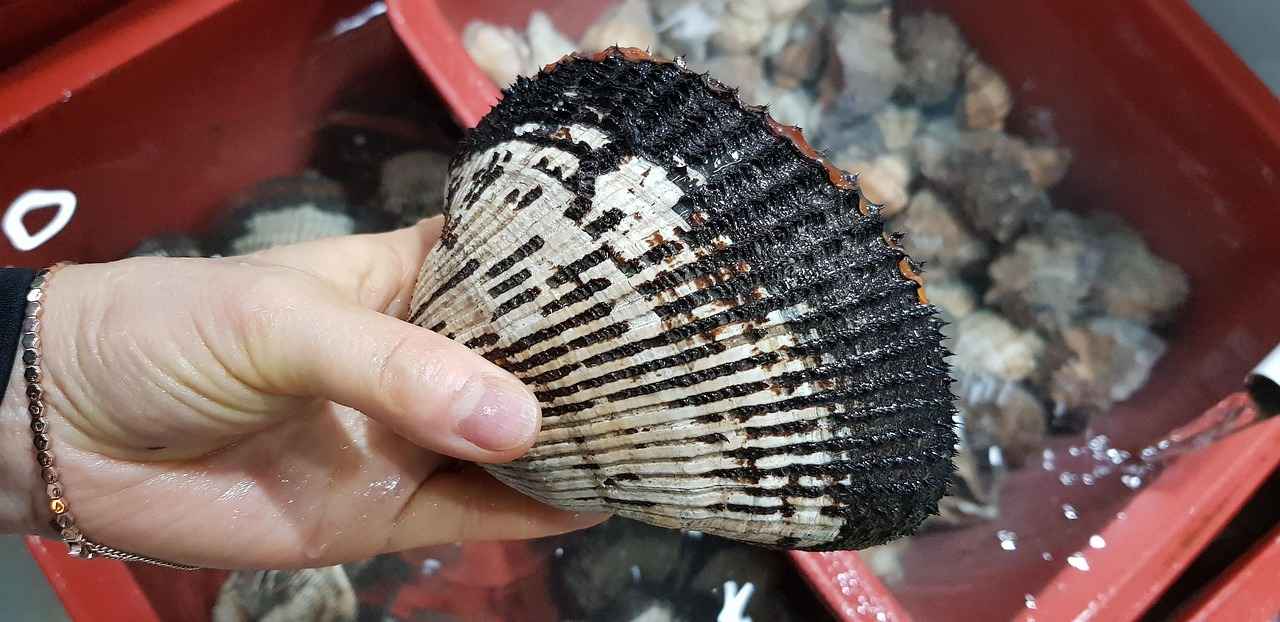
Can I Drink Water While Fasting for Blood Work?
When preparing for blood work, one of the most common questions that arise is whether it is acceptable to drink water during the fasting period. This inquiry is important as it directly relates to the accuracy of test results and the overall experience of the patient. In this section, we will explore the guidelines surrounding water consumption while fasting and its implications for blood tests.
Understanding Water Consumption During Fasting
Fasting typically means abstaining from food and drink for a specified period before undergoing blood tests. However, water is often treated differently. Most healthcare professionals agree that drinking water is generally allowed during fasting periods.
Why Drinking Water is Permitted
Water is essential for maintaining hydration, and staying hydrated can facilitate a smoother blood draw. Dehydration can lead to collapsed veins or make it difficult for the technician to find a suitable vein. Moreover, adequate hydration can help in achieving more accurate results by ensuring that blood samples are drawn from well-hydrated tissues.
The Impact of Water on Test Results
For most blood tests, drinking plain water does not significantly affect the outcomes. Unlike food, which can alter glucose and lipid levels, water does not introduce any variables that would skew the results. However, it is crucial to avoid any flavored or sweetened beverages, as these can interfere with the testing process.
When to Avoid Water Intake
While water is generally permitted, there are specific scenarios where you might be advised to avoid it:
- Specialized Tests: Some tests may require complete fasting, including abstaining from water. Always follow the specific instructions provided by your healthcare provider.
- Pre-Procedure Guidelines: If you are undergoing a procedure that requires a completely empty stomach, such as certain imaging tests, you may need to refrain from water as well.
Benefits of Staying Hydrated
Staying hydrated before your blood test can offer several benefits:
- Improved Comfort: Hydration can make the blood draw process more comfortable and less painful.
- Better Blood Flow: Adequately hydrated blood is less viscous, which can enhance blood flow and improve the technician’s ability to draw blood.
Tips for Hydration Before Blood Work
To maximize the benefits of hydration while fasting, consider the following tips:
- Drink Water Before Fasting: Ensure you are well-hydrated in the hours leading up to your fasting period.
- Avoid Excessive Intake: While hydration is important, avoid drinking excessive amounts of water immediately before your test, as this could lead to discomfort.
Consulting Your Healthcare Provider
Always communicate with your healthcare provider regarding any questions you have about fasting and water consumption before your blood work. They can provide tailored advice based on the specific tests you are undergoing, ensuring that you follow the best practices for accurate results.
In summary, drinking water is generally permitted during fasting for blood work, and it can be beneficial for both the patient and the accuracy of test results. However, always follow the guidelines provided by your healthcare provider to ensure the best outcomes.
The Benefits of Staying Hydrated
Staying hydrated before a blood test is not just a matter of comfort; it can significantly enhance the overall experience and outcomes of the procedure. Adequate water intake plays a crucial role in facilitating blood draws and ensuring the comfort of the patient. Below, we explore the various advantages of hydration before undergoing blood tests.
- Improved Vein Visibility: Hydration increases blood volume, which can make veins more prominent and easier to locate. This is particularly beneficial for individuals with smaller or more difficult-to-find veins, as it can reduce the number of attempts needed to draw blood.
- Enhanced Blood Flow: When the body is well-hydrated, blood flows more freely. This can lead to a smoother and quicker blood draw, minimizing discomfort and anxiety associated with the procedure.
- Reduced Risk of Complications: Staying hydrated can help lower the risk of complications during blood draws, such as hematoma formation or fainting. Proper hydration can stabilize blood pressure, making the process safer for patients.
- Increased Comfort: Many patients report feeling more comfortable during blood tests when they are adequately hydrated. This can help alleviate feelings of anxiety or stress that often accompany medical procedures.
- Better Test Accuracy: While drinking water does not typically affect most blood test results, it can help ensure that the blood sample is representative of the patient’s true state. This is particularly important for tests that require precise measurements.
However, it’s essential to note that while water is generally permitted during fasting, some specific tests may have different guidelines. Always consult with your healthcare provider regarding your individual circumstances. In some cases, they may recommend limiting fluid intake to avoid diluting certain blood components.
In summary, staying hydrated before a blood test offers numerous benefits, from improving vein visibility to enhancing overall comfort and safety. By ensuring adequate water intake, patients can contribute to a more efficient and less stressful testing experience.
When to Avoid Water Intake
When preparing for blood tests, many individuals are often unsure about the guidelines surrounding water consumption. While drinking water is generally permitted, there are specific scenarios where it is advisable to avoid water intake. Understanding these exceptions is crucial for ensuring accurate test results and maintaining the integrity of the testing process.
Medical Procedures Requiring No Water
In certain medical procedures, such as ultrasounds or specific imaging tests, the consumption of water may be restricted. These tests might require a full bladder for optimal imaging results. In such cases, patients are typically advised to avoid drinking water prior to the test to ensure that the bladder is adequately filled.
Specific Blood Tests
Some blood tests may have unique requirements that necessitate avoiding water. For instance, tests that measure certain hormone levels, like insulin or cortisol, may require fasting without water to avoid any interference in the results. In these instances, it is essential to follow the specific instructions given by healthcare professionals.
Hydration and Blood Volume
While hydration is generally beneficial, excessive water consumption immediately before a blood test can dilute the blood sample. This dilution can lead to inaccurate readings, especially in tests measuring electrolytes or other critical components. Therefore, it’s important to strike a balance and adhere to any guidelines provided by your healthcare provider.
Consulting with Healthcare Providers
Before undergoing any blood test, it’s crucial to communicate with your healthcare provider regarding any specific instructions related to water consumption. They can provide tailored advice based on the type of test being performed and your individual health circumstances. This ensures that you are adequately prepared and that the test results will be reliable.
General Guidelines
- Always ask your doctor about water consumption before a test.
- Follow any fasting instructions closely to avoid complications.
- If unsure, err on the side of caution and refrain from drinking water.
In summary, while hydration is generally encouraged, there are specific situations where avoiding water is advisable before blood tests. By understanding these exceptions and consulting with healthcare professionals, patients can ensure that their blood tests yield accurate and reliable results.
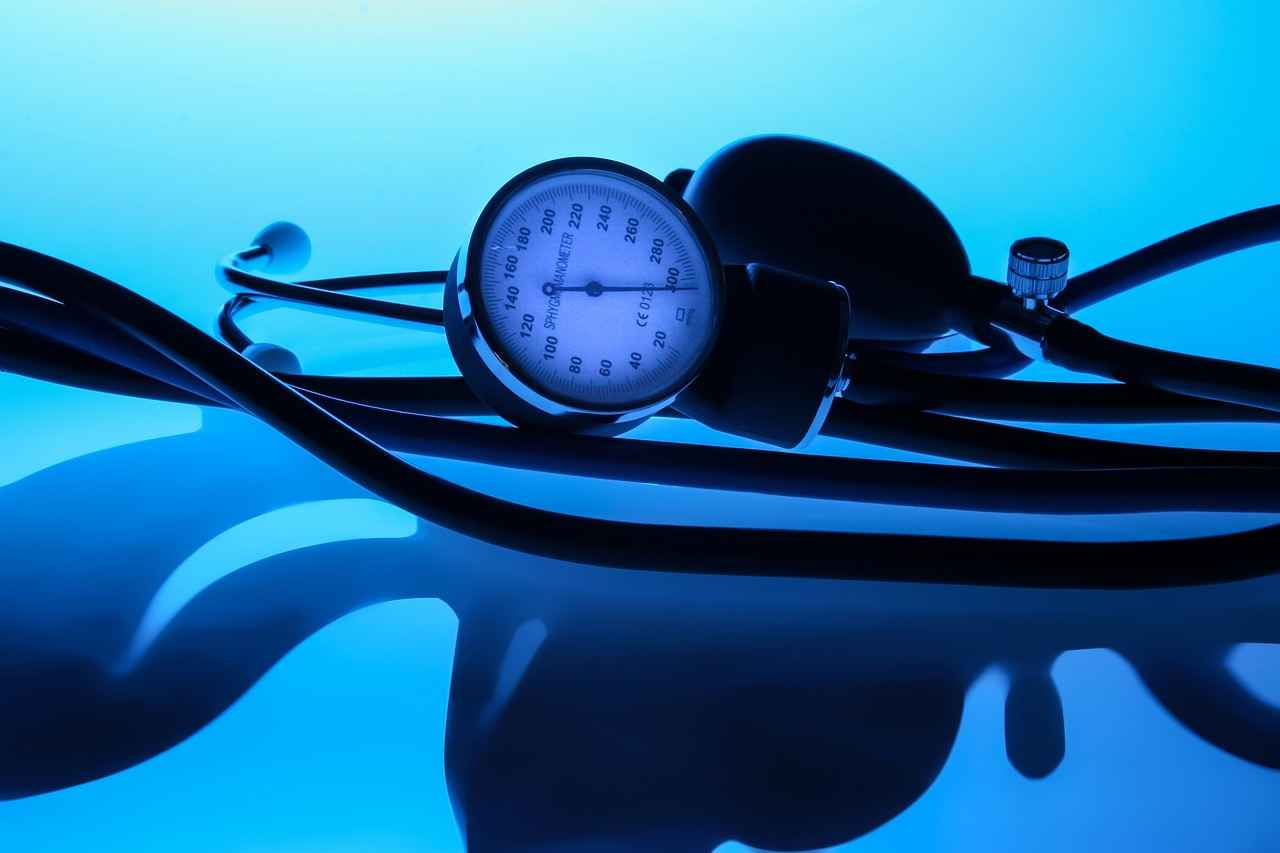
Tips for Preparing for Blood Work
Preparing for blood work can significantly influence the accuracy of your test results and the overall experience. Proper preparation not only helps in obtaining precise results but also minimizes discomfort during the procedure. Below are practical tips that can enhance your blood testing experience.
- Understand Fasting Requirements: Before your appointment, clarify whether fasting is necessary for your specific blood test. Generally, fasting means refraining from eating or drinking anything except water for a designated period, often 8 to 12 hours prior to the test.
- Stay Hydrated: Drinking water is typically allowed and encouraged during the fasting period. Staying hydrated can make your veins more prominent, which can facilitate easier blood draws. Aim to drink at least 8-10 glasses of water in the hours leading up to your test.
- Timing Your Fasting: Plan your fasting period around your test appointment. If your test is scheduled for early morning, consider starting your fast the night before. This approach can help you avoid feeling overly hungry or fatigued.
- Avoid Strenuous Activities: On the day before your test, it’s advisable to avoid intense workouts or strenuous activities that could lead to dehydration or fatigue. Opt for light exercises such as walking or stretching instead.
- Communicate with Your Healthcare Provider: Always discuss any medications or supplements you are taking with your healthcare provider. Some medications may interfere with test results, and your provider can give you specific instructions on whether to continue them before the test.
- Dress Comfortably: Wear loose-fitting clothing that allows easy access to your arms. This can help the healthcare professional draw blood with minimal discomfort.
- Bring a Snack: After your blood test, you may feel lightheaded or fatigued. Having a small snack on hand can help you recover quickly. Opt for something light, like a granola bar or fruit, which can help stabilize your blood sugar levels.
- Relax and Breathe: Anxiety can affect your experience during blood work. Practice deep breathing techniques or visualization methods to help calm your nerves. Remember that the procedure is quick, and staying relaxed can make it easier.
By following these tips, you can enhance your preparation for blood work, leading to a smoother experience and more accurate test results. Always prioritize clear communication with your healthcare provider to ensure you understand all necessary steps for your specific tests.
Timing Your Fasting
Understanding the timing of your fast is crucial for ensuring the accuracy of your blood test results. Proper fasting can significantly impact various parameters measured during blood tests, making it essential to follow guidelines closely. This section will provide insights on how long you should fast before your test and when the best time is to schedule your appointment.
How Long Should You Fast?
The duration of fasting can vary depending on the type of blood test being performed. In general, most fasting blood tests require a fasting period of 8 to 12 hours. For instance, tests such as glucose and lipid panels typically necessitate a longer fasting window to obtain accurate measurements. It is important to follow the specific instructions provided by your healthcare provider, as they may have tailored recommendations based on your individual health needs.
Scheduling Your Appointment
Timing your appointment is equally important. Ideally, you should schedule your blood test for early in the morning. This allows you to fast overnight, making it easier to comply with the fasting requirements. If you are unable to schedule a morning appointment, try to ensure that your last meal is at least 8 hours prior to your test. This will help minimize any potential errors in your results.
Factors to Consider
- Your Medical History: Certain medical conditions may require different fasting times. Always consult with your healthcare provider for personalized guidance.
- Type of Test: Different tests have different fasting requirements. For example, while glucose tests often require fasting, others like complete blood counts may not.
- Medications: Be sure to inform your healthcare provider about any medications you are taking, as some may affect your fasting requirements.
Communicating with Your Healthcare Provider
Always communicate clearly with your healthcare provider regarding fasting instructions. If you have questions or concerns about how to prepare for your blood test, do not hesitate to reach out for clarification. Understanding the timing and requirements for fasting can help you feel more confident and prepared on the day of your test.
Conclusion
In summary, understanding the timing of your fast and scheduling your appointment appropriately are vital components of preparing for blood work. By adhering to the recommended fasting duration and consulting with your healthcare provider, you can enhance the accuracy of your test results and contribute to better health outcomes.
Communicating with Your Healthcare Provider
Effective communication with your healthcare provider is crucial when preparing for blood work, especially regarding fasting instructions. Understanding your specific requirements can significantly impact the accuracy of your test results and your overall health management.
When scheduling a blood test, it is essential to discuss any fasting requirements with your healthcare provider. Fasting is not a one-size-fits-all approach; different tests may have varying guidelines. For instance, some tests may require a fasting period of 8 to 12 hours, while others might allow for shorter durations. By engaging in a conversation about these specifics, you can ensure that you are adequately prepared for your test.
Clear communication also involves discussing any medications you are currently taking. Certain medications can affect test results, and your provider may give you instructions on whether to continue taking them during the fasting period. It is vital to provide a complete list of your medications, including over-the-counter drugs and supplements, to avoid any potential complications.
In addition to medications, share any health conditions you may have. Conditions such as diabetes or kidney disease may require tailored fasting instructions to ensure both your safety and the accuracy of the test results. For example, individuals with diabetes may need to adjust their fasting schedule to maintain stable blood sugar levels.
It is also important to ask about water consumption during fasting. While many healthcare providers allow patients to drink water, some tests may have specific restrictions. Clarifying this aspect can help you stay hydrated without jeopardizing the validity of your test results.
Moreover, don’t hesitate to inquire about the rationale behind fasting for your specific tests. Understanding why fasting is necessary can help alleviate any concerns you may have and reinforce the importance of following the prescribed guidelines. This knowledge empowers you to take charge of your health and make informed decisions.
Finally, make sure to confirm the timing of your appointment. Knowing when to arrive and how long your fasting period should last can help you plan your day accordingly. If you have any uncertainties, reach out to your healthcare provider for clarification.
In summary, effective communication with your healthcare provider is essential when preparing for blood work. By discussing fasting instructions, medications, health conditions, and other relevant factors, you can ensure a smoother testing process and more accurate results. Remember, your health is a priority, and being proactive in your communication can lead to better health outcomes.
Frequently Asked Questions
- Can I drink water while fasting for blood work?
Yes, in most cases, you can drink water while fasting for blood tests. Staying hydrated helps make blood draws easier and more comfortable.
- Are there any tests that absolutely require fasting?
Yes, tests like glucose and lipid panels typically require fasting to ensure accurate results. Eating before these tests can skew the readings significantly.
- What should I avoid drinking before my blood test?
Besides water, you should avoid all other beverages, especially those containing sugar, caffeine, or alcohol, as they can affect your test results.
- How long should I fast before my blood test?
Fasting durations can vary, but it’s commonly recommended to fast for 8 to 12 hours before your test. Always check with your healthcare provider for specific instructions.
- What if I accidentally eat or drink something?
If you accidentally consume food or beverages, inform your healthcare provider. They may advise rescheduling your test to ensure accurate results.
